Natur

With their enormous biodiversity, insects play a central role in the earth's ecosystem. They contribute to the reproduction of plants and to fertile soils. They also make an important contribution to our food supply.
Insect biotechnology, the so-called yellow biotechnology, opens up the molecular diversity of the insect kingdom. How can the molecular tools of insects be used for food, medicine or biosensors? Research is interested in molecules with special properties: ladybugs, moths and larvae, for example, provide the basis for ointments and antibiotics. And the gravedigger beetle has powerful preservatives that are of interest to the food industry.
Friend or foe, beneficial or pest: insects can be kept as lucky charms or pets. But they can also transmit diseases such as malaria or become a plague in the biblical sense, for example when swarms of locusts destroy crops at record speed. Not to mention bed bugs and cockroaches ...
Numerous bees, butterflies, ants and beetles are endangered or have already died out. Ascending trend. Images of humans pollinating in China instead of bees are disturbing and urge you to rethink. Insect populations are shrinking dramatically, and at the same time there is increasing interest in learning from insects and harnessing their potential for us. With this in mind, we need to ask how we can reshape our relationship with insects.
How can the capabilities of insects be used for sustainable innovation? And how can we protect their habitats and preserve diversity?
On the subject of insects, we conducted two workshops in Schmalkalden/ Thuringia in May 2019, which were designed in collaboration with Lukas Stopczynski.
The following video shows the results of the workshop BRUMMTIER and gives an insight into the experiences and thoughts of the workshop participants.
Results of the workshop participants
Within the workshops, the participants were instructed to develop short stories and objects in order to condensate new information, food for thought and ideas. Through the exchange and discussion in small groups, individual attitudes and convictions could be reflected and expanded.


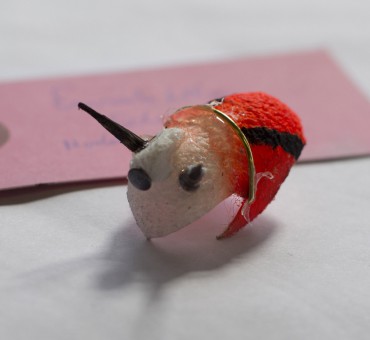
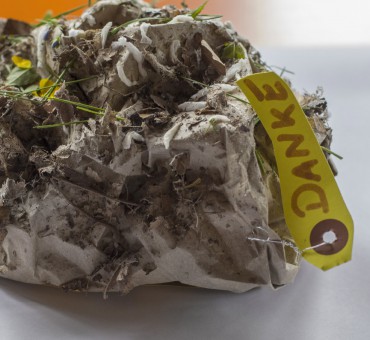
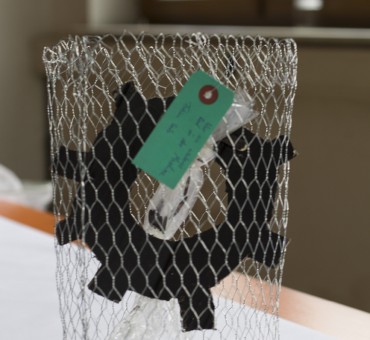
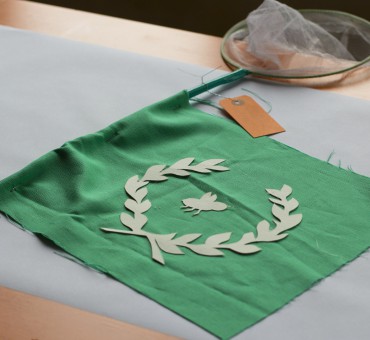
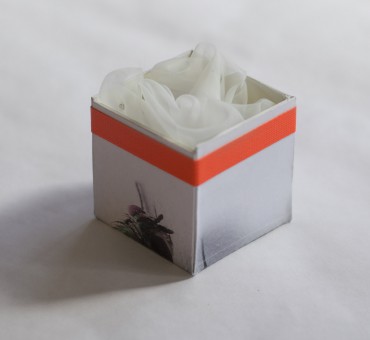
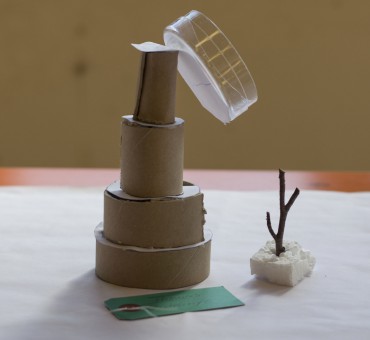
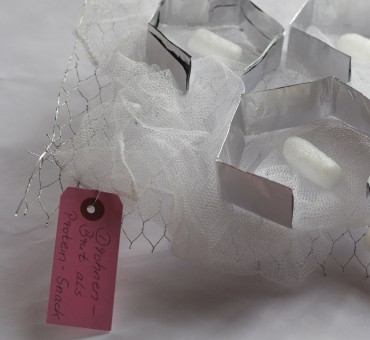
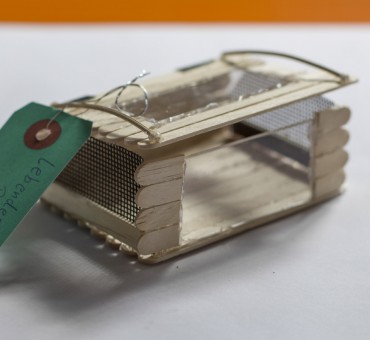
The triangle represents our field of discourse. It shows excerpts of what we talked about in the workshops with the participants and what thoughts the topic of insects triggered in them.
Was der Mensch mit Insekten machen kann